Sudden, widespread tooth pain can feel scary, stressful and overwhelming. When all your teeth hurt at once, wondering whether you…
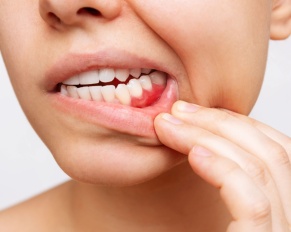

Sudden, widespread tooth pain can feel scary, stressful and overwhelming. When all your teeth hurt at once, wondering whether you…

Maintaining a healthy, confident smile can become increasingly difficult for older adults—and increasingly important. Tooth loss, gum disease, and oral…

Finding the best doctor for TMJ is crucial when jaw pain disrupts your daily life. Temporomandibular joint disorders (TMDs) can…

Tongue thrust is more than a quirky habit. It’s a muscle pattern disorder that can lead to lasting issues with…
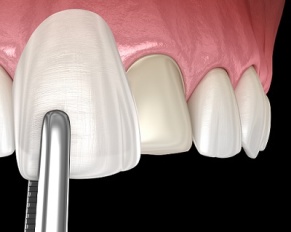
Porcelain veneers are one of the most versatile and reliable tools in modern cosmetic dentistry. For patients in New Jersey…

Why Oral Care Should Be a Priority in Senior Home Care When we think about ways to prevent dementia, our…
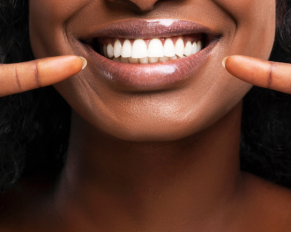
If you’ve recently had professional teeth whitening in North Jersey, you’re likely enjoying a brighter smile. But the work doesn’t…

As medical research continues to uncover new insights about aging and health, one connection has drawn increased attention: the relationship…
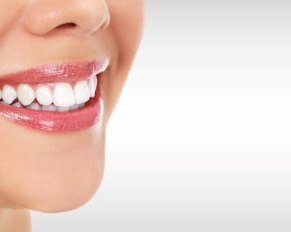
If you’re searching for a restorative dentist in New Jersey, chances are you’re experiencing tooth damage, decay, or loss that…
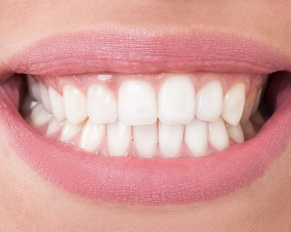
Key Takeaways Full mouth rehabilitation is a comprehensive dental treatment plan addressing many issues across the entire mouth The process…